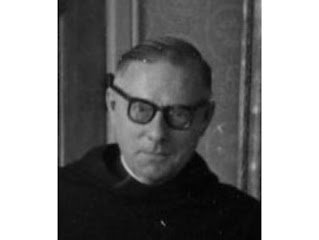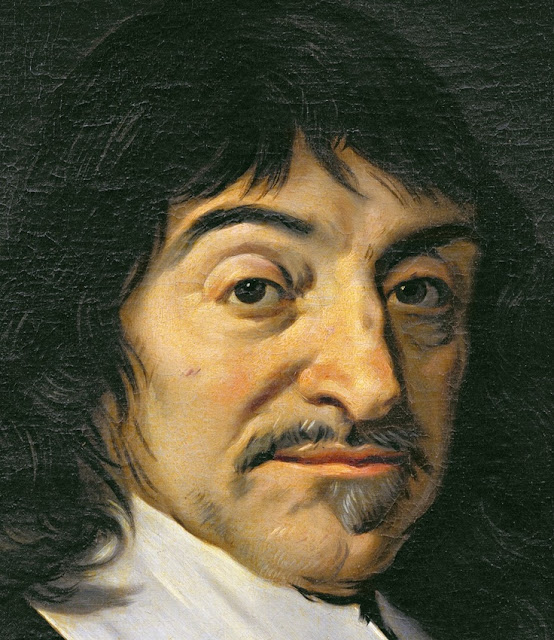Responsum of the Congregation for the Doctrine of the Faith to a dubium
regarding the blessing of the unions of persons of the same sex
TO THE QUESTION PROPOSED:
Does the Church have the power to give the blessing to unions of persons of the same sex?
RESPONSE:
Negative.
Explanatory Note
In some ecclesial contexts, plans and proposals for blessings of unions of persons of the same sex are being advanced. Such projects are not infrequently motivated by a sincere desire to welcome and accompany homosexual persons, to whom are proposed paths of growth in faith, “so that those who manifest a homosexual orientation can receive the assistance they need to understand and fully carry out God’s will in their lives”[1].
On such paths, listening to the word of God, prayer, participation in ecclesial liturgical actions and the exercise of charity can play an important role in sustaining the commitment to read one's own history and to adhere with freedom and responsibility to one's baptismal call, because “God loves every person and the Church does the same”[2], rejecting all unjust discrimination.
Among the liturgical actions of the Church, the sacramentals have a singular importance: “These are sacred signs that resemble the sacraments: they signify effects, particularly of a spiritual kind, which are obtained through the Church’s intercession. By them men are disposed to receive the chief effect of the sacraments, and various occasions of life are sanctified”[3]. The Catechism of the Catholic Church specifies, then, that “sacramentals do not confer the grace of the Holy Spirit in the way that the sacraments do, but by the Church’s prayer, they prepare us to receive grace and dispose us to cooperate with it” (#1670).
Blessings belong to the category of the sacramentals, whereby the Church “calls us to praise God, encourages us to implore his protection, and exhorts us to seek his mercy by our holiness of life”[4]. In addition, they “have been established as a kind of imitation of the sacraments, blessings are signs above all of spiritual effects that are achieved through the Church’s intercession”[5].
Consequently, in order to conform with the nature of sacramentals, when a blessing is invoked on particular human relationships, in addition to the right intention of those who participate, it is necessary that what is blessed be objectively and positively ordered to receive and express grace, according to the designs of God inscribed in creation, and fully revealed by Christ the Lord. Therefore, only those realities which are in themselves ordered to serve those ends are congruent with the essence of the blessing imparted by the Church.
For this reason, it is not licit to impart a blessing on relationships, or partnerships, even stable, that involve sexual activity outside of marriage (i.e., outside the indissoluble union of a man and a woman open in itself to the transmission of life), as is the case of the unions between persons of the same sex[6]. The presence in such relationships of positive elements, which are in themselves to be valued and appreciated, cannot justify these relationships and render them legitimate objects of an ecclesial blessing, since the positive elements exist within the context of a union not ordered to the Creator’s plan.
Furthermore, since blessings on persons are in relationship with the sacraments, the blessing of homosexual unions cannot be considered licit. This is because they would constitute a certain imitation or analogue of the nuptial blessing[7] invoked on the man and woman united in the sacrament of Matrimony, while in fact “there are absolutely no grounds for considering homosexual unions to be in any way similar or even remotely analogous to God’s plan for marriage and family”[8].
The declaration of the unlawfulness of blessings of unions between persons of the same sex is not therefore, and is not intended to be, a form of unjust discrimination, but rather a reminder of the truth of the liturgical rite and of the very nature of the sacramentals, as the Church understands them.
The Christian community and its Pastors are called to welcome with respect and sensitivity persons with homosexual inclinations, and will know how to find the most appropriate ways, consistent with Church teaching, to proclaim to them the Gospel in its fullness. At the same time, they should recognize the genuine nearness of the Church – which prays for them, accompanies them and shares their journey of Christian faith[9] – and receive the teachings with sincere openness.
The answer to the proposed dubium does not preclude the blessings given to individual persons with homosexual inclinations[10], who manifest the will to live in fidelity to the revealed plans of God as proposed by Church teaching. Rather, it declares illicit any form of blessing that tends to acknowledge their unions as such. In this case, in fact, the blessing would manifest not the intention to entrust such individual persons to the protection and help of God, in the sense mentioned above, but to approve and encourage a choice and a way of life that cannot be recognized as objectively ordered to the revealed plans of God[11].
At the same time, the Church recalls that God Himself never ceases to bless each of His pilgrim children in this world, because for Him “we are more important to God than all of the sins that we can commit”[12]. But he does not and cannot bless sin: he blesses sinful man, so that he may recognize that he is part of his plan of love and allow himself to be changed by him. He in fact “takes us as we are, but never leaves us as we are”[13].
For the above mentioned reasons, the Church does not have, and cannot have, the power to bless unions of persons of the same sex in the sense intended above.
The Sovereign Pontiff Francis, at the Audience granted to the undersigned Secretary of this Congregation, was informed and gave his assent to the publication of the above-mentioned Responsum ad dubium, with the annexed Explanatory Note.
Rome, from the Offices of the Congregation for the Doctrine of the Faith, the 22nd of February 2021, Feast of the Chair of Saint Peter, Apostle.
Luis F. Card. Ladaria, S.I. Prefect | |
| | ✠ Giacomo Morandi Archbishop tit. of Cerveteri Secretary
|




















